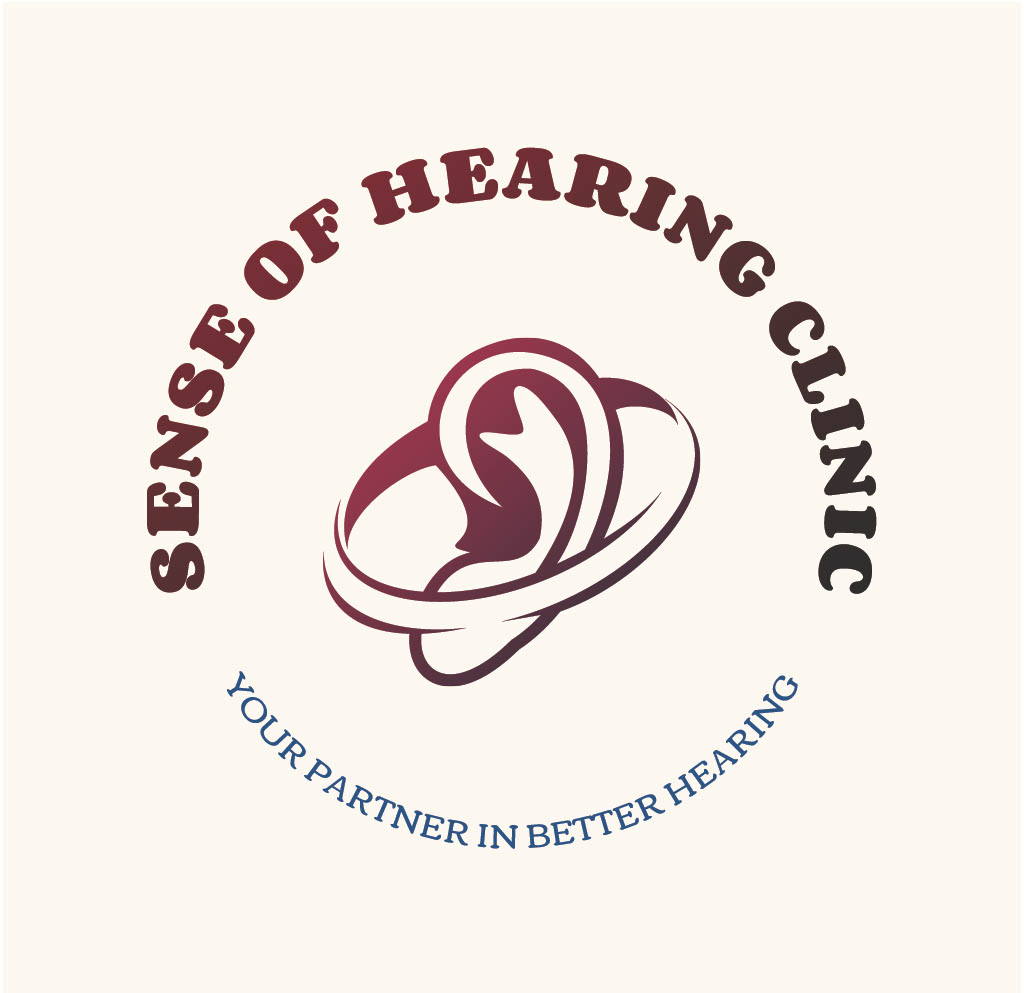Tinnitus is the perception of sound when no external sound is present. Often described as ringing, buzzing, or hissing in the ears, tinnitus affects millions of people worldwide and can significantly impact quality of life.

What is Tinnitus?
Tinnitus is the perception of sound in the absence of an external sound source. It can manifest as:
- Ringing: High-pitched or low-pitched ringing sounds
- Buzzing: Electrical or mechanical buzzing noises
- Hissing: Static-like or steam-like sounds
- Clicking: Rhythmic or irregular clicking sounds
Types of Tinnitus
Tinnitus can be classified into different types:
- Subjective: Only you can hear it (most common type)
- Objective: Can be heard by others during examination
- Acute: Temporary, lasting days to weeks
- Chronic: Persistent, lasting months to years
Important to Know
Tinnitus is a symptom, not a disease itself. It often indicates an underlying condition in the auditory system and should be evaluated by a qualified audiologist or healthcare professional.
Common Causes of Tinnitus
Hearing-Related Causes
- • Noise-induced hearing loss
- • Age-related hearing loss (presbycusis)
- • Ear wax blockage
- • Ear infections
- • Otosclerosis (stiffening of middle ear bones)
- • Ménière's disease
- • Acoustic neuroma
Other Medical Causes
- • High blood pressure
- • Diabetes
- • Thyroid disorders
- • Temporomandibular joint (TMJ) disorders
- • Certain medications (ototoxic drugs)
- • Head or neck injuries
- • Stress and anxiety
Impact on Daily Life
Emotional Impact
- • Anxiety and stress
- • Depression
- • Irritability
- • Frustration
- • Mood changes
- • Reduced quality of life
Cognitive Effects
- • Difficulty concentrating
- • Memory problems
- • Reduced focus
- • Mental fatigue
- • Attention difficulties
- • Work performance issues
Social Impact
- • Sleep disturbances
- • Social withdrawal
- • Communication difficulties
- • Relationship strain
- • Reduced social activities
- • Isolation
Management and Coping Strategies
Sound Therapy
- • White noise machines
- • Nature sounds (rain, ocean waves)
- • Soft background music
- • Hearing aids with masking features
- • Tinnitus maskers
- • Sound enrichment apps
Lifestyle Changes
- • Stress reduction techniques
- • Regular exercise
- • Adequate sleep
- • Limit caffeine and alcohol
- • Avoid loud noises
- • Relaxation techniques
Professional Treatment Options
Audiological Treatments
- • Comprehensive hearing evaluation
- • Tinnitus assessment and matching
- • Hearing aid fitting (if hearing loss present)
- • Tinnitus retraining therapy (TRT)
- • Sound therapy programs
- • Counseling and education
Medical Treatments
- • Treatment of underlying conditions
- • Medication review and adjustment
- • Ear wax removal
- • Blood pressure management
- • TMJ treatment
- • Stress management counseling
Tinnitus Retraining Therapy (TRT)
TRT combines sound therapy with counseling to help retrain the brain's response to tinnitus. This evidence-based approach can significantly reduce tinnitus distress and improve quality of life for many patients.
When to Seek Professional Help
Seek Immediate Attention If:
- • Sudden onset of tinnitus
- • Tinnitus in only one ear
- • Pulsating tinnitus (matches heartbeat)
- • Accompanied by hearing loss
- • Associated with dizziness
- • Following head injury
- • Severe emotional distress
Schedule Evaluation If:
- • Tinnitus persists for more than a week
- • Interfering with sleep or daily activities
- • Causing anxiety or depression
- • Affecting work performance
- • Worsening over time
- • Accompanied by ear pain
- • Need coping strategies
Prevention and Protection
Protect Your Hearing:
- • Use ear protection in loud environments
- • Keep volume at safe levels
- • Take breaks from loud sounds
- • Avoid inserting objects in ears
- • Regular hearing check-ups
Maintain Overall Health:
- • Manage blood pressure
- • Control diabetes
- • Exercise regularly
- • Manage stress levels
- • Avoid ototoxic medications when possible
